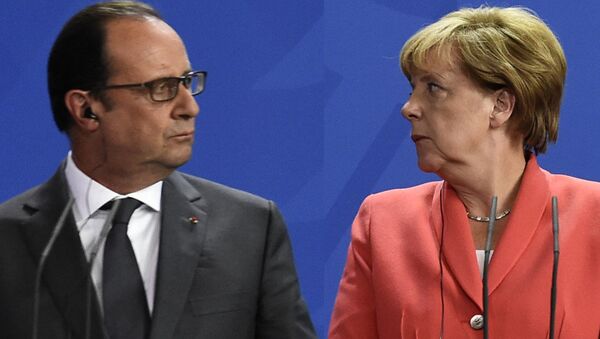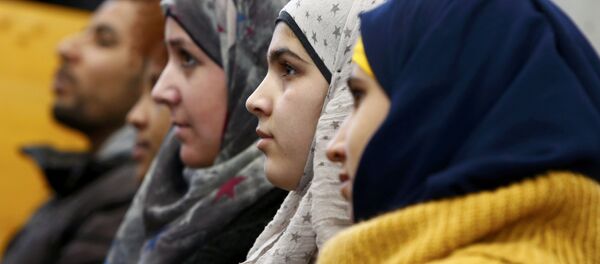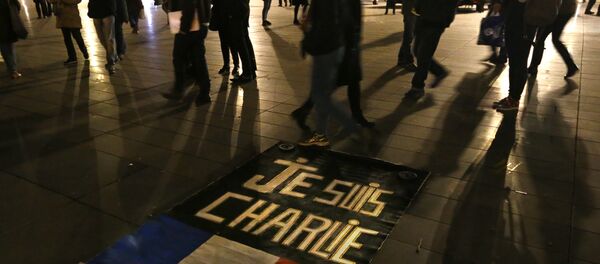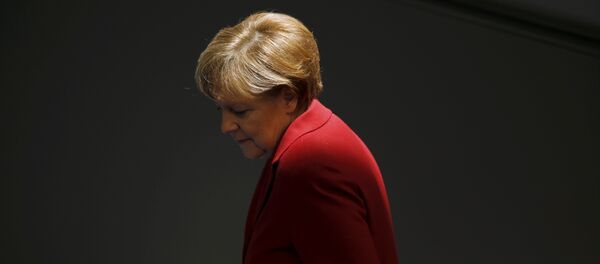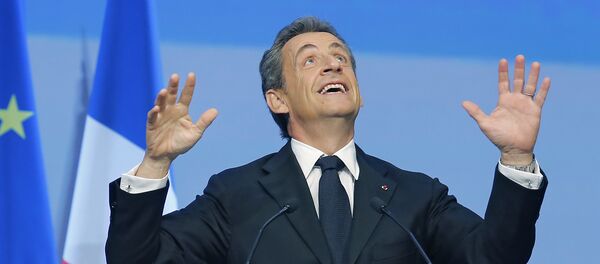France and Germany are at the heart of Europe, having both been founding fathers of the European Union with its central dream of the freedom of movement of goods, workers, services and capital. Any threat to those freedoms spells doom for the union.
— EU External Action (@eu_eeas) January 22, 2016
If we fail to see the #refugeecrisis as a political failure, we will never get to the source of it: @DMiliband https://t.co/uzSCPRhazf #wef
— World Economic Forum (@Davos) January 22, 2016
With the refugee crisis causing chaos in the Schengen zone of borderless Europe, leading to Germany, Austria, Hungary, Italy, Denmark, Sweden, Slovenia and others all imposing border controls – completely against the values of the four freedoms – the European dream is hanging on a gossamer thread.
Why So Scared?
For Merkel, the situation is looking dire. She is seen as the strong woman of Europe and yet has caused controversy over her 'open doors' policy to refugees that has come back to bite her at home and abroad. Greece is still smarting – with sympathy from other Mediterranean nations – from Merkel’s insistence on harsh austerity in return from its bailouts.
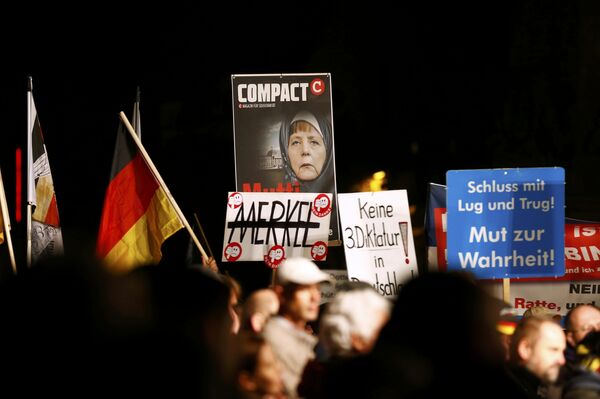
German Interior Minister Thomas de Maizière has stated that the "temporary" border controls announced early January will be maintained indefinitely, meaning that Germany – at the heart of the European project – is itself breaking the one of the fundamental principles of the union.
For Hollande, the situation is different. He has been unpopular for a long time for his poor handling of the French economy, which is struggling.
But more importantly, he has been able to spin the terror attacks – notably Charlie Hebdo and November 13 – to improve his image – taking a tough stance on counter-terrorism.
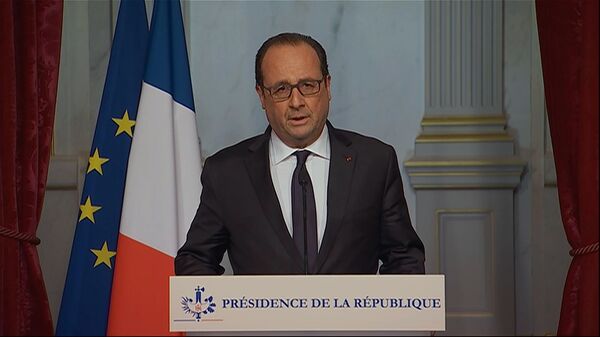
But Hollande has a problem with increasing racism and – just as in Germany and elsewhere – growing nationalism, Euroskepticism and the rise of the right wing.
The Fight Against Daesh
But what precipitated the refugee crisis? The rise of Daesh and the chaos in Iraq, Syria, Libya and Afghanistan, leading to the biggest movement of people since World War 2.
As the French Prime Minister Manuel Valls said at the World Economic Forum in Davos Friday: "We cannot say – nor can we accept that Europe can take in all the refugees, all of those fleeing those terrible wars in Iraq or Syria, otherwise our societies will be totally destabilized. It’s a crisis that puts even the European project at risk. It means that you have to find solutions in Syria and Iraq".
"Europe had forgotten that it needs borders. It’s Europe that could die – not the Schengen area. If Europe can’t protect its own borders, it’s the very idea of Europe that will be thrown into doubt. It could disappear of course – the European project – not Europe itself, not our values, but the concept we have of Europe that the founding fathers had of Europe."
Merkel has said that Europe is "vulnerable" and that the fate of the euro is "directly linked" to resolving the migration crisis. If the migration crisis continues and borders remain closed, it is not just the freedom of movement of people that is in danger.
It is European trade as well, endangering the future of the already flawed single currency concept. A single currency requires fiscal unity, which in turn requires political union. If the union splits, so does the currency.
As Merkel and Hollande awoke on January 1, 2016 they both realized they only have a matter of months to take control ahead of their elections next year, as opponents step up their campaigns.
They urgently need action against Daesh that will lead to a solution to the refugee crisis, which – in turn – could prevent the collapse of the European Union. Both know they only have months, which is why they are turning up the volume now.

